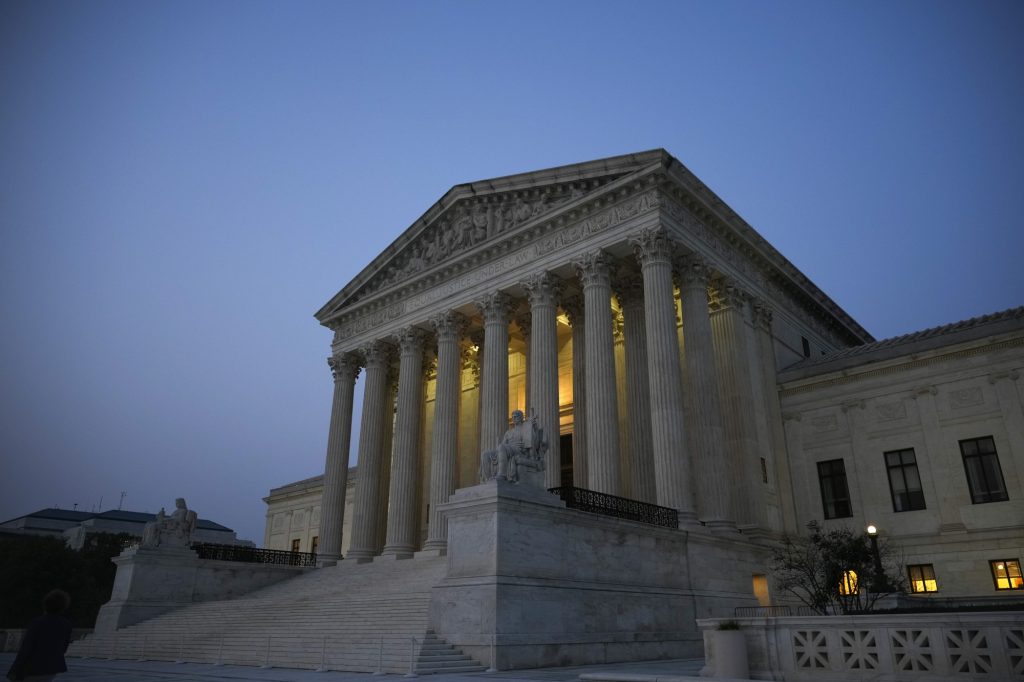In a landmark development, the Supreme Court of Pakistan, in a 23-page judgment authored by Chief Justice Qazi Faez Isa, criticized its earlier interpretation of Article 63-A of the Constitution. The Court expressed concern that the previous majority ruling risked transforming political party leaders into dictators, as it would prevent them from being challenged by party members or the assembly.
Concerns Over Undemocratic Consequences
Chief Justice Isa stated that the earlier ruling allowed Prime Ministers and Chief Ministers to remain in power indefinitely without accountability from their own parties or the majority in the assembly. The judgment highlighted the democratic risks of this decision, remarking that the ruling could potentially pave the way for the leader of a political party to become a dictator, as they would be immune to challenges from their own party or assembly members.
The judgment also raised concerns over the invalidation of key constitutional provisions, including:
- Article 91(7): Prime Ministers’ obligation to secure a vote of confidence from the National Assembly.
- Article 95: The ability of the National Assembly to submit a resolution seeking a vote of no-confidence against the Prime Minister.
- Article 130(7): Chief Ministers’ requirement to secure a vote of confidence from the Provincial Assembly.
- Article 136: Voting procedures on resolutions of no-confidence against a Chief Minister.
Constitutional Misinterpretation
Chief Justice Isa emphasized that the majority ruling substituted constitutional principles with moral judgments. He argued that judges must interpret laws within the framework of the Constitution, rather than relying on personal values of what is “right” or “wrong.”
The judgment also criticized the majority decision for including non-legal terminology such as “healthy,” “unhealthy,” and “menace,” which, according to the court, diverted the interpretation of the law from legal reasoning to subjective moral views.
Disregard for Politicians and Parliamentarians
The judgment expressed regret over the apparent disdain for parliamentarians in the majority ruling. The Court emphasized that Pakistan’s independence and constitutional framework were shaped by politicians, under the leadership of the All-India Muslim League and Quaid-e-Azam Muhammad Ali Jinnah, who strictly adhered to constitutional procedures.
The Court cautioned against undermining the role of parliamentarians in Pakistan’s democratic structure.
Reaffirming Constitutional Principles
The Supreme Court’s judgment set aside the previous majority ruling, asserting that it was inconsistent with the clear language and spirit of the Constitution. Chief Justice Isa reaffirmed that the conclusions of the minority judges were more aligned with constitutional interpretation and upheld those views.
President’s Reference and Lifelong Disqualification
The Court also criticized the reference filed by President Dr. Arif Alvi in March 2024, noting that it was based on moral reasoning rather than legal grounds. The judgment clarified that lifelong disqualification of members voting against their parties was not prescribed by the Constitution.
The Court further stated that such disqualification would be an unwarranted interpretation of the law, one that read into the Constitution something that did not exist.
Upholding Democratic Rights
The judgment emphasized the importance of upholding fundamental democratic rights, such as the right to a fair trial and due process as guaranteed by Article 10A of the Constitution. This was notably evident in the case of Hamza Shahbaz’s election as Chief Minister of Punjab, where the majority judgment invalidated votes cast by members of the PTI, thereby violating their constitutional rights.
Conclusion
The Supreme Court’s ruling marked a critical moment for Pakistan’s constitutional law. The Court’s rejection of the majority judgment underscored the need for adherence to democratic principles and constitutional provisions. It reiterated that the role of the judiciary is to interpret the law according to the Constitution, and not based on personal beliefs or moral considerations.
By reinstating the minority judgment, the Supreme Court reinforced its commitment to upholding Pakistan’s constitutional democracy and the principles of legal clarity and fairness.

